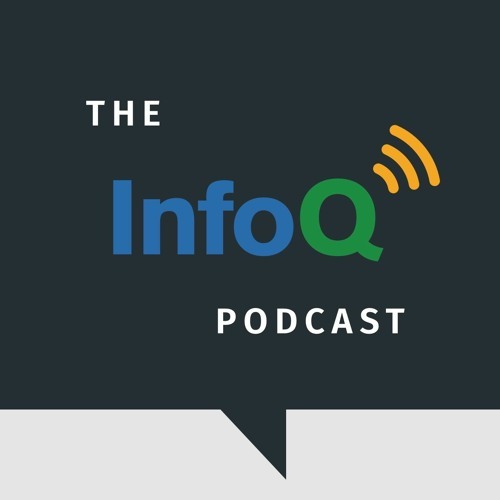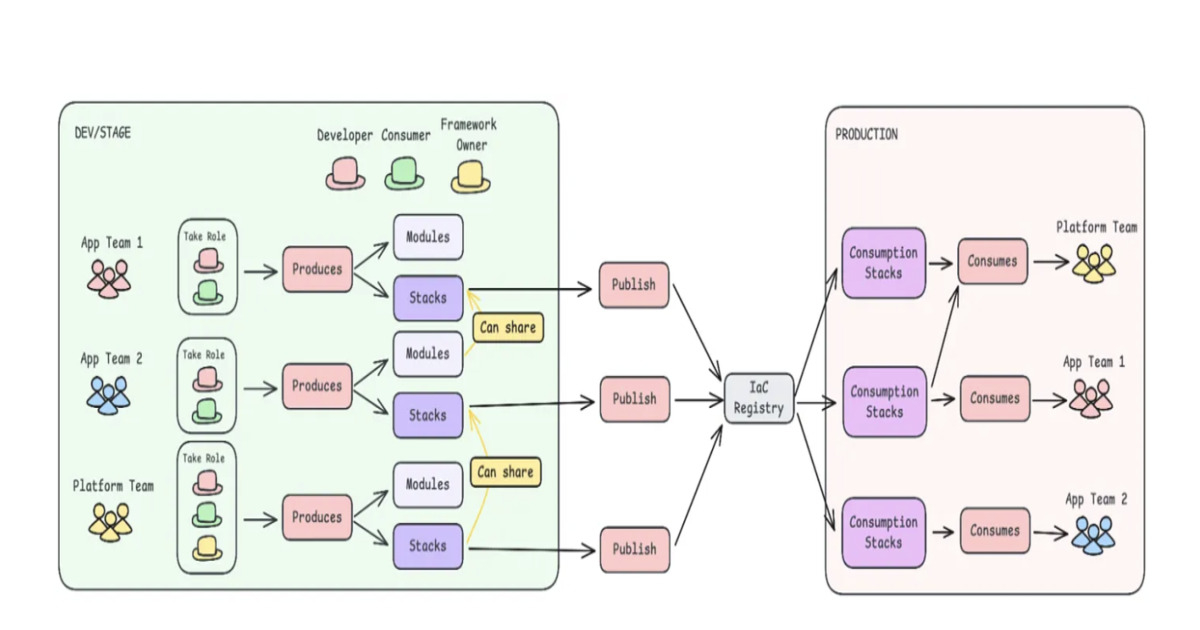Codetown
Codetown ::: a software developer's community
Basic Website Monetization
Have you put up a website and tried some of the following simple, common monetization techniques? Let's talk case studies. Please give us some feedback as a comment, for starters.
1. What's your website about? Feel free to keep it anonymous.
2. Do you charge for advertising? How do you go about marketing, rates and ad placement (framework)? For example, do you tell potential advertisers your visit volume? What's your success been? What's worked best and worst?
3. How about Google Adsense and Adwords? Have you used them and what has your experience been?
4. How do you go about implementing Search Engine Optimization and what has your experience been?
5. Do you have an online store? Are you a reseller or a source of products? Do you use a framework or component for your store/cart/checkout?
6. What's your endgame strategy? Do you plan an exit? Do you have a monetization plan or did you just start the site with the intention of selling it at some point?
7. What are your feelings about putting up a custom site vs using the piggyback technique with a Facebook, etc?
8. Do you have other monetization approaches like membership fees, etc? What has your success been?
9. Please tell us some tips and lessons learned. Ask some questions. We're eager to learn from your experiences and give you feedback. These are just a few questions that came to mind. Feel free to tell us what you know.
10. Is your website a primary frontpiece for the startup or is it an extension of something else, perhaps a bricks and mortar business or a partnership?
That's a start!
Tags:
Replies to This Discussion
Notes
Welcome to Codetown!
 Codetown is a social network. It's got blogs, forums, groups, personal pages and more! You might think of Codetown as a funky camper van with lots of compartments for your stuff and a great multimedia system, too! Best of all, Codetown has room for all of your friends.
Codetown is a social network. It's got blogs, forums, groups, personal pages and more! You might think of Codetown as a funky camper van with lots of compartments for your stuff and a great multimedia system, too! Best of all, Codetown has room for all of your friends.
Created by Michael Levin Dec 18, 2008 at 6:56pm. Last updated by Michael Levin May 4, 2018.
Looking for Jobs or Staff?
Check out the Codetown Jobs group.
InfoQ Reading List
Presentation: What I Wish I Knew When I Started with Green IT

Ludi Akue discusses how the tech sector’s rising emissions impact our global climate goals. Drawing from her experience as a CTO, she explains seven key lessons for implementing Green IT. She shares insights on LCA assessments, the paradox of microservices, and why FinOps doesn’t always equal green.
By Ludi AkueVue Router 5: File-Based Routing Into Core with No Breaking Changes

Vue Router 5.0 has integrated unplugin-vue-router into its core, enhancing file-based routing and TypeScript support. This transition release boasts no breaking changes, simplifies dependencies, and introduces experimental features like data loaders and improved editor tooling. Ideal for Vue.js developers, it positions itself as a bridge to the upcoming ESM-only version 6.
By Daniel CurtisPodcast: [Video Podcast] AI Autonomy Is Redefining Architecture: Boundaries Now Matter Most

This conversation explores why generative AI is not just another automation layer but a shift into autonomy. The key idea is that we cannot retrofit AI into old procedural workflows and expect it to behave. Once autonomy is introduced, systems will drift, show emergent behaviour, and act in ways we did not explicitly script.
By Jesper LowgrenGoogle Launches Automated Review Feature in Gemini CLI Conductor

Google has enhanced its Gemini CLI extension, Conductor, by adding support for automated reviews. The company says this update allows Conductor "to go beyond just planning and execution into validation", enabling it to check AI-generated code for quality and adherence to guidelines, strengthening confidence, safety, and control in AI-assisted development workflows.
By Sergio De SimoneFrom Central Control to Team Autonomy: Rethinking Infrastructure Delivery

Adidas engineers describe shifting from a centralized Infrastructure-as-Code model to a decentralized one. Five teams autonomously deployed over 81 new infrastructure stacks in two months, using layered IaC modules, automated pipelines, and shared frameworks. The redesign illustrates how to scale infrastructure delivery while maintaining governance at scale.
By Leela Kumili
© 2026 Created by Michael Levin.
Powered by
![]()